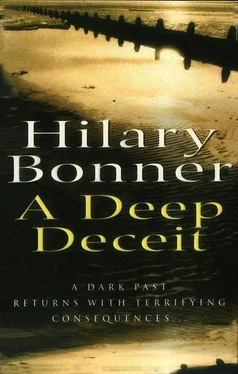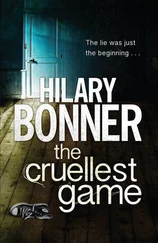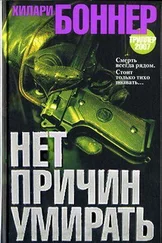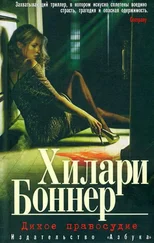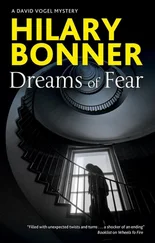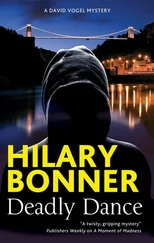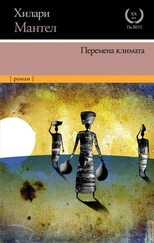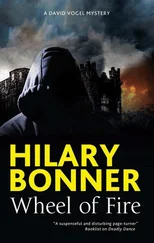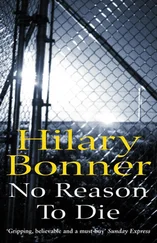‘I killed Carl...’
Still when I think back to that awful day I feel the horror and the sense of guilt, and above all the terrible shock, as if it were yesterday. I have, in fact, learned to cope by thinking about it as little as possible. There is in any case nothing I can do now to change any of it.
And I have learned to accept that I was not to blame. I have had to do that in order to carry on with my life, which I have managed to do to a degree which continues to surprise me.
The letter Carl left behind was both comforting and painful. He had written as best he could with the bits of old crayon ends and used sketch pads that had been stored in the cellar, scribbling over the sketches he habitually made when he planned out his paintings. It was not easy to read – he had, after all, been badly injured and was forced to write in the dark with only very inadequate materials. The letter was in several colours. Carl had obviously used each crayon end in turn until they became totally blunted and his writing, usually so neat, was scrawled and barely legible.
My darling Suzanne [he wrote]
I came here to find you, to tell you how much I loved you and how sorry I am for all that happened. I know I shouldn’t have run away. I seem to have spent all my life running, but when the opportunity presented itself I couldn’t resist it. I was afraid I would never see you again. Now I am even more afraid of that.
I hope you can read this, my darling. There is no light in the cellar. I fell straight into it when I climbed through the kitchen window. You wouldn’t think I would make a mistake like that, would you? After all, I was the one who opened up the old cellar in the first place. I suppose I didn’t even consider that it might be open.
I cannot believe now that I locked you away like I did, tied you up. Sometimes I get so frightened for those I care about that I lose all control. I wanted so badly to keep you safe. Maybe it’s time I tried to explain to you some things about me, some things about my past. They might help you understand me even if you never forgive me...
He then attempted to write down many of the things I had learned about him in America, telling me, when it was already too late, the kind of truth about himself that might have made possible a relationship that I now saw had never had a proper chance of any real normality. At least half of the letter was impossible to read. Not only was Carl having to write over his own old sketches, but also he must sometimes have been trying to use completely blunt crayons without realising that they had no lead centre left. In places all that appeared on top of the drawings already on a page was a scratchy imprint.
There was a mention of Robert Foster and the way in which he died, but sadly I couldn’t decipher it. I just had to accept that I would never know for certain whether Carl had really believed I had killed Robert.
I made a decision about that even as I read the letter for the first time. I decided I would believe in Carl again. Absolutely. I had to in order to make any sense of our life together and of our love. From that moment on I accepted in my mind that, confronted not for the first time in his life with the awful spectacle of a dead body covered with blood, Carl had made the same tragic mistake as I had. He had honestly believed I had killed my husband. To believe that was, I was sure, the only way forward for me.
The image of Carl trapped down there, struggling to explain himself, still intent on declaring his love for me, made me shudder. There were odd phrases that stood out, cut into me almost as if I were being stabbed by the knife that for so long I believed I had used on Robert.
I thought you would have found me by now, my darling. I keep calling out to you, but my voice is not very strong any more and I have not heard a sound from upstairs. Maybe you are not there? I don’t know how long I have lain here. My head hurts. I think I knocked myself out and I could have been here for some time before I came to. I have no sense of time. If I could stand up maybe I could move the trapdoor, but I think both my ankles are broken. I have tried to pull myself upright, but I am too weak and in too much pain.
The letter made it clear enough that Carl must indeed have knocked himself unconscious when he fell into the cellar, and did not recover consciousness until after I had replaced the flagstone and sealed him in what was to become his tomb.
That, of course, was the bit that would always haunt me.
It also seemed that he wrote the letter over a period of several days, the last days of his life, in fact. Maybe he did not have the strength to write very much at a time. He must have been in a great deal of pain from those broken ankles and growing weaker hour by hour. I imagined him crawling across the stone floor to find the sketch pads and the crayons – he would have known exactly where they were, of course, although it would have been pitch-black down there, because even in the cellar Carl had stored things in a scrupulously ordered way – and then struggling to write down his last thoughts.
The final paragraph still makes me cry every time I read it.
My mouth is very dry. I cannot call out any more. I am sure now that the house is empty. I think I keep lapsing into unconsciousness. I doubt I can survive much longer. All I can think of is you, Suzanne, and how I have let you down. I long for the chance to hold you in my arms one last time and beg your forgiveness. I am pretty sure now that chance is never going to come...
There was no proper goodbye. That was where the letter ended. Maybe Carl had fallen into his final unconsciousness then. Or perhaps he had never found the strength to write any more. I was sure that was not the ending he would have planned for his last message to me. But it was the only ending there was.
I keep the letter tied in ribbon in the drawer of my bedside table. I try not to look at it very often. There is no point. I have cried all the tears I can muster for Carl and for our life together. I have grieved as much as I am able.
We buried Carl in St Ives on a wet Monday morning. The rain fell softly but relentlessly all day and somehow that seemed appropriate. It tasted of salt, as it always does in St Ives, and reminded me of rain-soaked walks along empty winter beaches arm-in-arm with the man I was finally saying farewell to. His body now lies in an English churchyard in the little seaside town where I think he experienced, with me, as much happiness as he was ever capable of.
Frank Harvey came over from America and we sat together in a pew at the front of the parish church along with Mariette and her mum.
I was surprised by how many local people turned up. I had not realised they would care, particularly after knowing what Carl had done. But they had like him, of course. You couldn’t help liking Carl. Or loving him...
Our neighbour Mrs Jackson, old Don Nash, Pete Trevellian from the Inn Plaice, Mrs Scroggins from the library, Steve the handsome fishmonger, my two colleagues at the Archive Centre, and several of the bar staff and regulars from our favourite pubs were all there. DS Perry turned up, which I had somehow expected, but so did DC Carter and PC Rob Partridge, which I had not. The biggest surprise was Fenella Austen, who not only attended the funeral but sought me out later at the graveside.
‘He was right, you know. I was jealous of him, of you both,’ she said.
I turned to her in surprise.
‘No, not his work. I’m long past that.’ She gave a small, rueful smile. ‘The way he was with you, more than anything. I’ve never had that with a man. He was flawed, but then who isn’t? It’s a wonderful thing to be loved the way you were, Suzanne, and don’t you forget it. Not many of us get that lucky.’
Читать дальше
